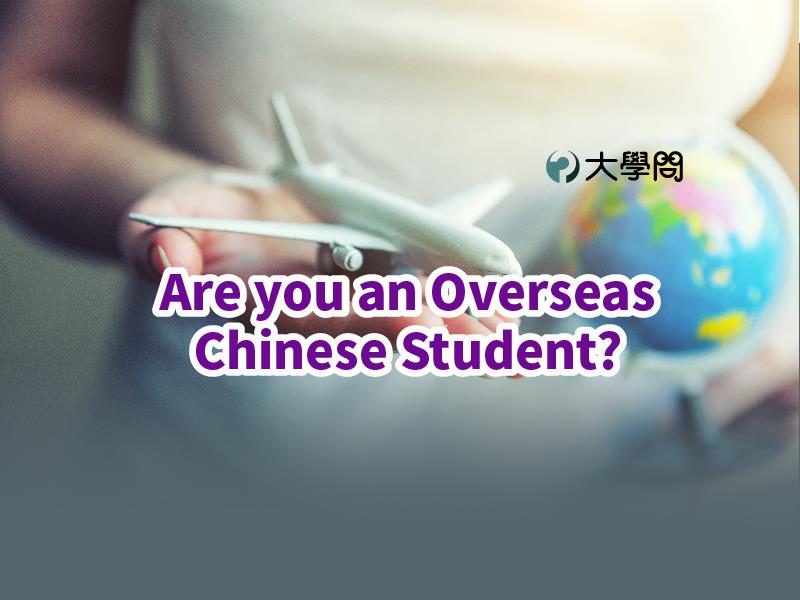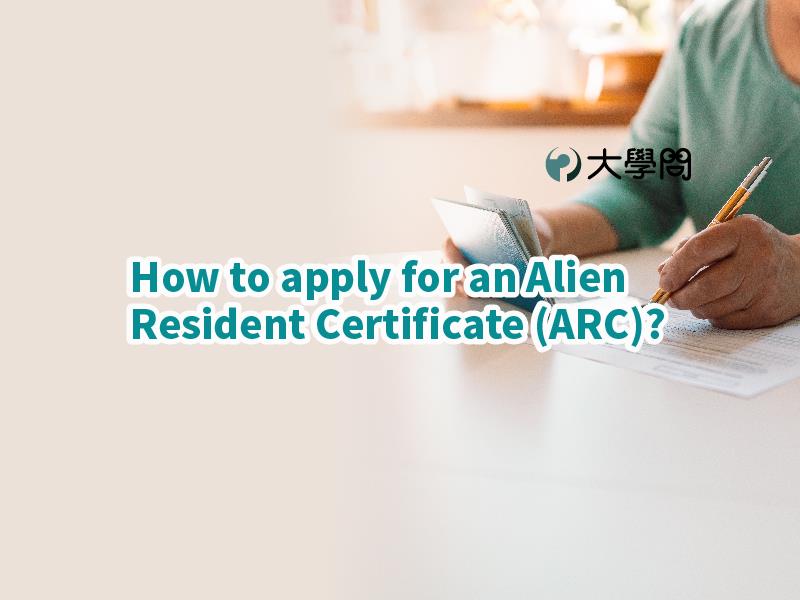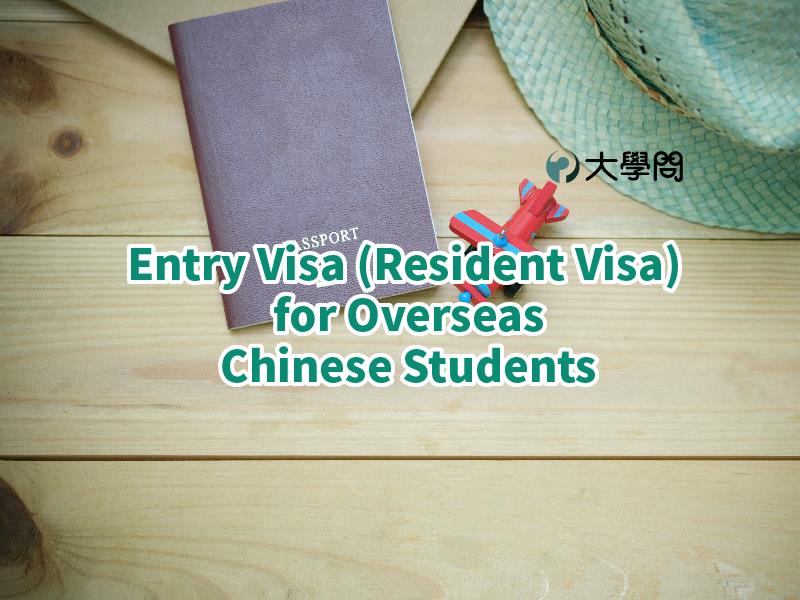Healthcare Insurance in Taiwan 收藏
大學問編輯部 2022-04-01 Global

Medical Insurance
In general, universities will help foreign students apply for Medical Insurance at the time of registration. The premium is different between Overseas Chinese Students and international students, in which 50% of the premium for Overseas Chinese Students is subsided by the Overseas Community Affairs Council (OCAC), while there is no subsidy for international students.Insurance premiums in 2022
The premiums in 2022 are as follows,

Insurance coverage
While the insurance policy is still effective, if you need to seek medical treatment due to an injury or illness, you can go to the clinics or hospitals contracted with NHI throughout Taiwan. You are advised to check the insurance coverage to make sure your medical treatment is included. You will need to pay all medical expenses first and then apply for reimbursement within a said period of time. The maximum claim amounts, which is on pay-as-you-go basis, are set out as follows:

Compensation
After you received medical treatment, you will need to prepare the following documents and go to the respective office of the university you study for compensation:
- Compensation application form,
- Payment receipts,
- Certificate of diagnosis,
- Photocopy of passport,
- Photocopy of ARC,
- Photocopy of bankbook cover.
National Health Insurance (NHI)
According to the Taiwan government, if you have a valid ARC, and stayed in Taiwan for over 6 consecutive months, or exited Taiwan once for less than 30 days and adding up to 6 months excluding the number of days away from Taiwan, you will be required to enroll in NHI. Assuming you entered Taiwan on September 1st. The following table outlines different scenarios of possible stay in Taiwan and the estimated eligible start date of joining NHI,
NHI coverage
Once you subscribe NHI, you can enjoy the healthcare services offered by the NHI-contracted clinics or hospitals around Taiwan, with a registration fee of about NTD50 to 420 (around USD2 to 15) for each medical visit. You may need to pay other fees as required by the clinics or hospitals as well, yet most of the treatment and medication cost is largely subsidized by the Taiwan government. The NHI coverage includes both inpatient and outpatient care, prescription drugs, traditional Chinese medicine, dental services and home nursing care. You may check the NHI Website for details.
Insurance premium in 2022
You will have to pay 60% of the NHI premium in each semester, while 40% will be subsided by the Taiwan government. If you are an overseas Chinese student and come from an underprivileged family, you can apply for OCAC’s subsidy with a low-income certificate issued by governmental or official units. Once your application is approved, you will need to contribute 30% of the premium only. Here is the table for NHI premiums in 2022,

Low-income certificate
Documents needed for the application of a low-income certificate:
- Proof of long-term illness of family members.
- Proof of family members in school.
- Proof of family’s low income (tax exemption, retirement, comprehensive social security assistance, etc.).
- Proof of allowances (e.g. school textbook assistance, student travel or tuition fees subsidies, etc.).
- Proof of rent.








